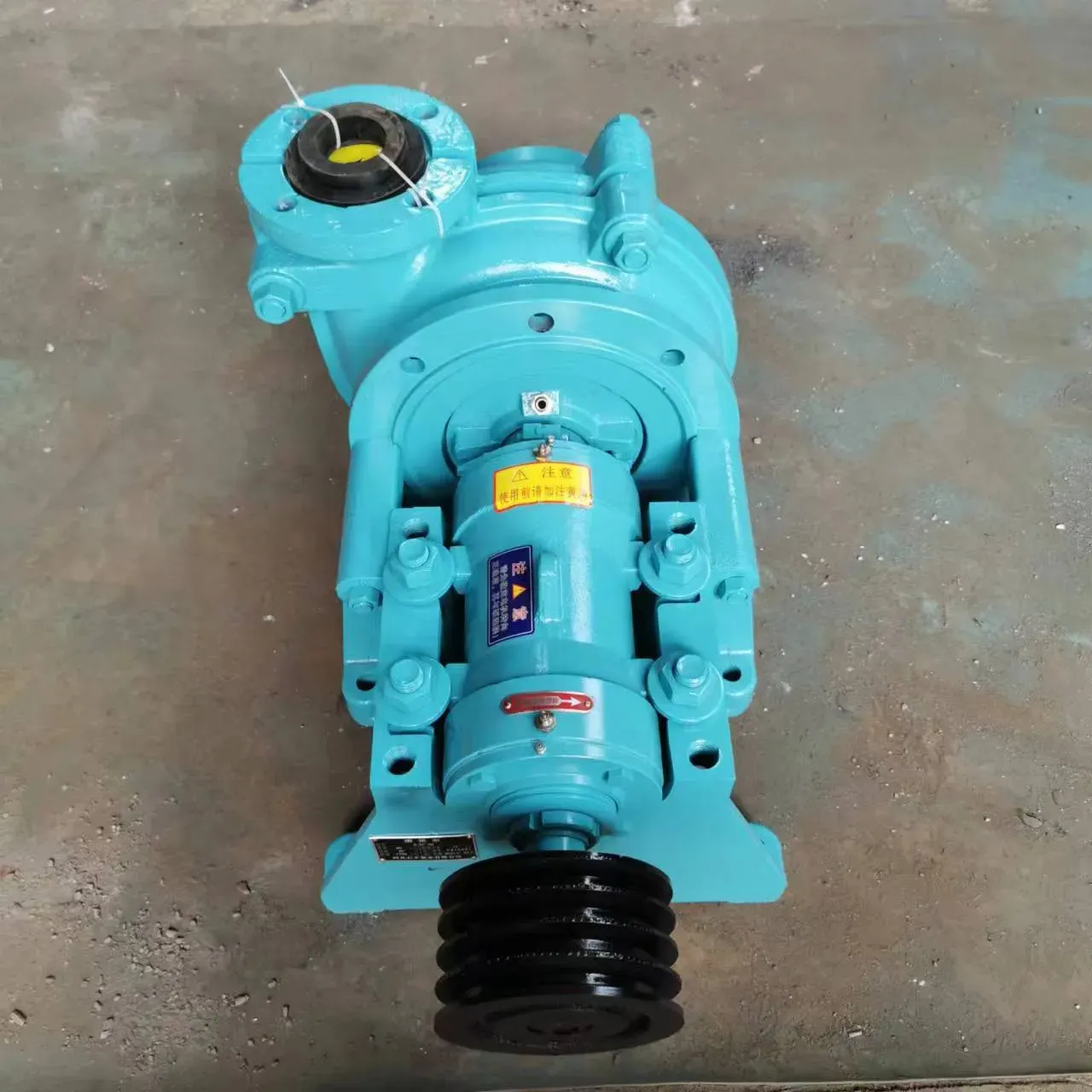English
- Afrikaans
- Albanian
- Amharic
- Arabic
- Armenian
- Azerbaijani
- Basque
- Belarusian
- Bengali
- Bosnian
- Bulgarian
- Catalan
- Cebuano
- Corsican
- Croatian
- Czech
- Danish
- Dutch
- English
- Esperanto
- Estonian
- Finnish
- French
- Frisian
- Galician
- Georgian
- German
- Greek
- Gujarati
- Haitian Creole
- hausa
- hawaiian
- Hebrew
- Hindi
- Miao
- Hungarian
- Icelandic
- igbo
- Indonesian
- irish
- Italian
- Japanese
- Javanese
- Kannada
- kazakh
- Khmer
- Rwandese
- Korean
- Kurdish
- Kyrgyz
- Lao
- Latin
- Latvian
- Lithuanian
- Luxembourgish
- Macedonian
- Malgashi
- Malay
- Malayalam
- Maltese
- Maori
- Marathi
- Mongolian
- Myanmar
- Nepali
- Norwegian
- Norwegian
- Occitan
- Pashto
- Persian
- Polish
- Portuguese
- Punjabi
- Romanian
- Russian
- Samoan
- Scottish Gaelic
- Serbian
- Sesotho
- Shona
- Sindhi
- Sinhala
- Slovak
- Slovenian
- Somali
- Spanish
- Sundanese
- Swahili
- Swedish
- Tagalog
- Tajik
- Tamil
- Tatar
- Telugu
- Thai
- Turkish
- Turkmen
- Ukrainian
- Urdu
- Uighur
- Uzbek
- Vietnamese
- Welsh
- Bantu
- Yiddish
- Yoruba
- Zulu
Telephone: +86 13120555503
Email: frank@cypump.com
Nov . 16, 2024 13:34 Back to list
slurry repress pump
Understanding Slurry Repress Pumps Functionality and Applications
In the industrial sector, particularly in mining, construction, and wastewater management, slurry management is a critical aspect of operations. The efficient handling of slurries—mixtures of solid particles and liquids—is essential for maintaining productivity, ensuring safety, and minimizing environmental impact. Central to this slurry management are slurry repress pumps, which play a vital role in transporting these challenging materials.
What is a Slurry Repress Pump?
A slurry repress pump is a specialized type of pump designed to handle the movement of slurries with varying concentrations, densities, and viscosity levels. These pumps are built to withstand the abrasive and corrosive nature of slurries, which can contain particles such as sand, gravel, or coal. The primary function of a slurry repress pump is to transport these mixtures from one location to another, ensuring that the materials are moved efficiently and reliably within industrial processes.
Design Features
Slurry repress pumps differ from standard pumps in several key aspects
1. Durability Given the abrasive nature of slurries, these pumps are constructed from robust materials, such as hardened steel or rubber linings, to prolong lifespan and reduce wear. 2. High Flow Rates Slurry repress pumps are designed to handle high flow rates, ensuring that large volumes of slurry can be transported quickly, thereby increasing operational efficiency.
3. Variable Speed Many advanced slurry pumps come equipped with variable speed drives, allowing operators to adjust flow rates according to the specific demands of the application.
4. Self-Priming Capability This feature enables the pumps to remove air and create a vacuum for liquid suction, which is particularly useful for managing slurries that can be difficult to handle.
5. Wear Resistance Enhanced wear resistance ensures that the internal components of the pump can endure the conditions associated with abrasive materials, minimizing downtime and maintenance costs.
Applications of Slurry Repress Pumps
Slurry repress pumps are utilized in various industries, each with specific applications
slurry repress pump

1. Mining In the mining industry, slurry pumps are instrumental in transporting ore slurries from processing plants to storage areas. They facilitate the movement of tailings, which are the by-products of mined materials, thereby helping in waste management.
2. Construction These pumps are also commonly used in construction projects for dewatering purposes and for moving mixtures of concrete or other aggregate materials.
3. Wastewater Treatment In wastewater treatment plants, slurry repress pumps help transport sludge and other particulates from screens and clarifiers to treatment and disposal sites.
4. Food and Beverage Industry In certain food processing applications, these pumps transport slurries of fruits, vegetables, or grains, requiring materials that meet health and safety standards.
Choosing the Right Slurry Repress Pump
Selecting the appropriate slurry repress pump for a given application involves consideration of several factors
- Slurry Characteristics Understanding the properties of the slurry, including particle size, concentration, and abrasiveness, is crucial for determining pump materials and design. - Flow Rate Requirements Calculating the desired flow rate and total dynamic head helps in sizing the pump correctly to meet operational needs.
- Operating Conditions Factors such as temperature, pressure, and the presence of chemicals or corrosive substances must be considered when selecting a pump.
- Maintenance and Service Evaluating the ease of maintenance and availability of service support is essential for ensuring longevity and performance.
Conclusion
Slurry repress pumps are integral to efficient slurry handling across various industries, providing robust solutions to the challenges of transporting abrasive and viscous mixtures. With advancements in pump technology, these pumps have become more efficient and reliable, further enhancing their role in industrial processes. As industries continue to evolve, slurry repress pumps will remain crucial in optimizing operations, minimizing environmental impact, and ensuring the safe and effective movement of slurries. Understanding their functionality and selecting the right model can lead to significant improvements in productivity and operational efficiency.
-
Heavy-Duty Mining Sludge Pumps - Wear-Resistant Slurry Handling
NewsAug.02,2025
-
Horizontal Split Case Pump with GPT-4 Turbo | High Efficiency
NewsAug.01,2025
-
ISG Series Pipeline Pump - Chi Yuan Pumps | High Efficiency, Durable Design
NewsAug.01,2025
-
Advanced Flue Gas Desulfurization Pump with GPT-4 Turbo | Durable & Efficient
NewsJul.31,2025
-
ISG Series Vertical Pipeline Pump - Chi Yuan Pumps | Advanced Hydraulic Design&Durable Construction
NewsJul.31,2025
-
ISG Series Vertical Pipeline Pump - Chi Yuan Pumps | Energy Efficient & Low Noise
NewsJul.31,2025










